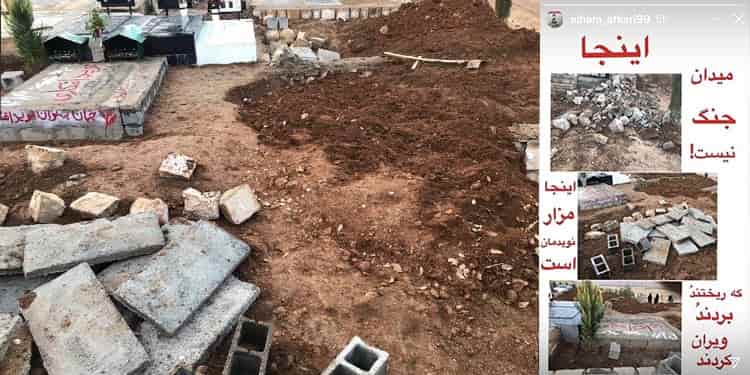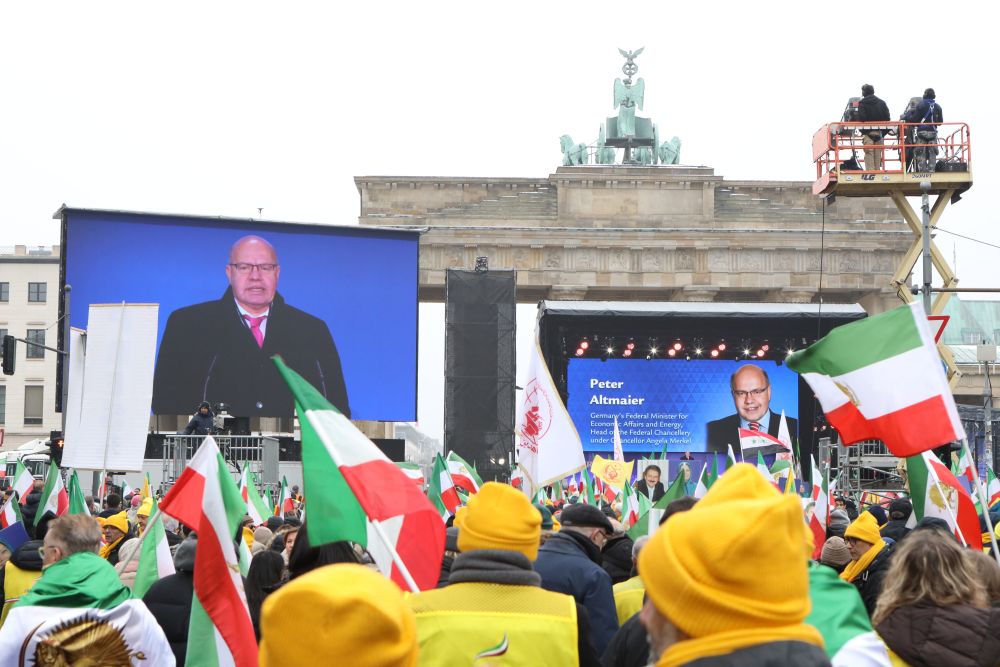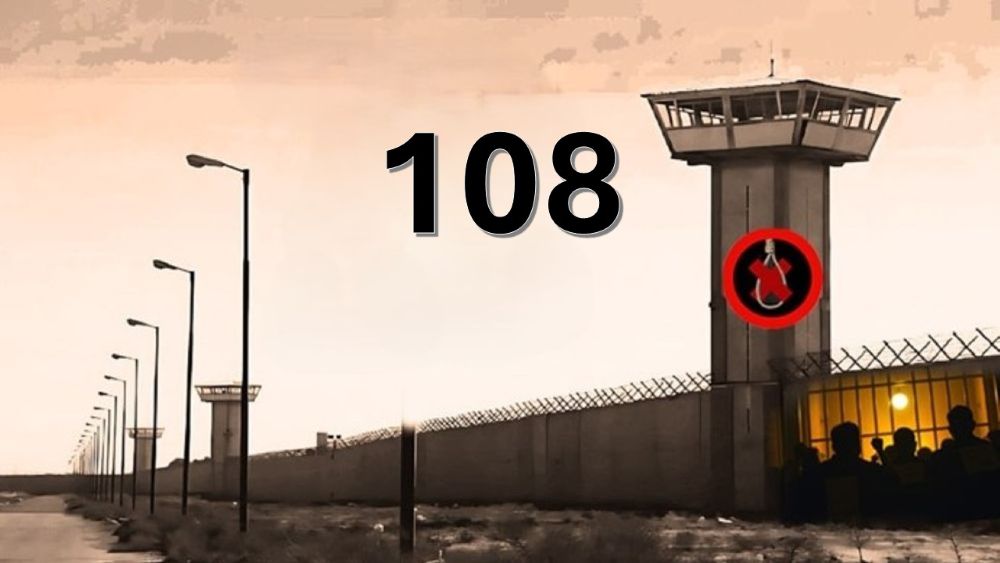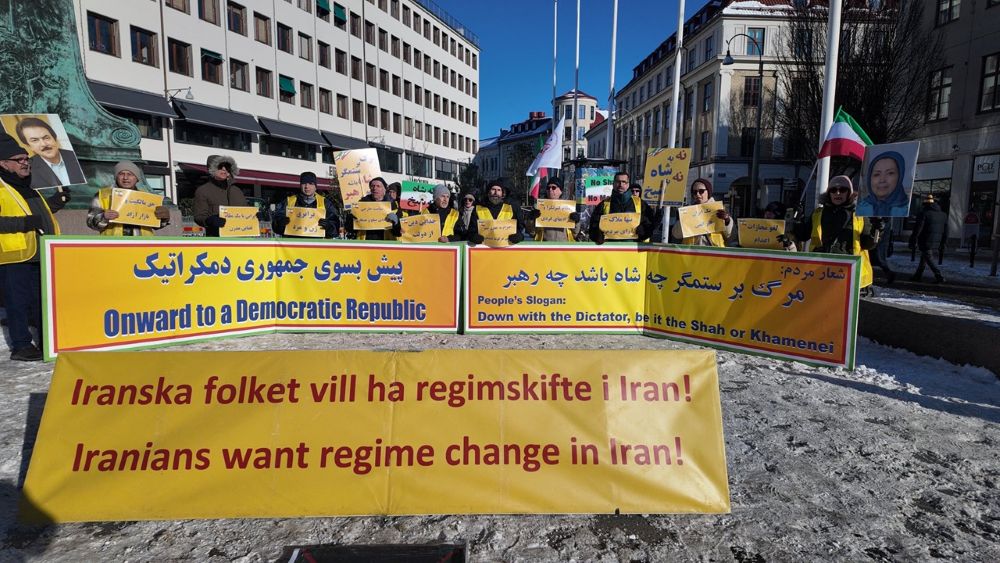The Mullahs’ regime plainclothes agents in an inhumane act destroyed the grave of wrestling champion and political prisoner Navid Afkari on Thursday, December 17, 2020. Afkari arrested in 2018 in relation with nationwide anti-regime protests in Fars province. He brutally tortured by the regime’s prison agents and sentenced to execution on bogus charges. Despite an international campaign calling for the revocation of Afkari’s death sentence, the regime proceeded with the execution in September, triggering a wave of national and international outrage.
Suppression forces remain alert of any possible unrest, around the cemetery in #NavidAfkari's neighborhood.
— Iran Freedom (@4FreedominIran) October 4, 2020
Officials responsible for Sha'hin Naseri's disappearance speak no news of his whereabout. Sha'hin had testified to tortures carried out on the national champion, Navid. https://t.co/ZiPFI8W6ec
Since his execution, Navid Afkari has become a national hero. For many Iranians who are fed up with the tyranny of the Iranian regime, rallying at his grave usually accompanied by protest and anti-regime slogans and vows to take revenge from those who murdered Iranian youth for more than forty years.
With this brutal act, the regime showed that it does not tolerate hearing the slightest opposition even over the tombs of the martyrs of the Iranian uprising. So destroying Afkari’s grave, located in Sangar village, in Fars province, was to prevent even the gathering of the family and friends and lovers of this hero over his grave so that no gathering and dissenting voice could be heard.
Meanwhile, before destroying the grave, the regime’s security agents arrested, Navid’s father and brother(Hossein and Hamid Afkari), and took them to an unknown place. The picture of Navid’s demolished grave first posted by his sister Elham Afkari on Instagram. She wrote: “This is not a war zone. This is Navid’s grave, which they demolished and took away.”

According to reports, security forces had pressurized the Afkaris to refrain from installing a tombstone for Navid after his execution.
Vahid and Habib Afkari, Navid’s two other brothers who have also been in prison since 2018, were transferred to solitary confinement after his execution.
Mrs. Maryam Rajavi, the president-elect of the National Council of Resistance of Iran (NCRI), condemned the heinous act and described it as a vain attempt by the regime to “extinguish the flames of protests.”
Mrs. Rajavi added: “Justice will not let go of the criminal mullahs’ regime.
The clerical regime tries in vain to extinguish the flames of protests by destroying the tombs of #NavidAfkari & other martyrs. Just as the victims of the #1988Massacre became famous despite destruction of their graves. Justice will not let go of the criminal mullahs’ regime. pic.twitter.com/dfOLjlYllF
— Maryam Rajavi (@Maryam_Rajavi) December 19, 2020
The Iranian regime has a dark history of destroying graves of executed political prisoners.
In the summer of 1988, the Iranian regime summarily and extra-judicially executed tens of thousands of political prisoners held in jails across Iran. The massacre was carried out based on a fatwa by the regime’s then-Supreme Leader Ruhollah Khomeini.
The facts:
• More than 30,000 political prisoners were massacred in Iran in the summer of 1988.
• The massacre was carried out on the basis of a fatwa by Khomeini.
• The vast majority of the victims were activists of the opposition PMOI (MEK).
• A Death Committee approved all the death sentences.
• Alireza Avaei, a member of the Death Committee, is today Hassan Rouhani’s Justice Minister.
• The perpetrators of the 1988 massacre have never been brought to justice.



